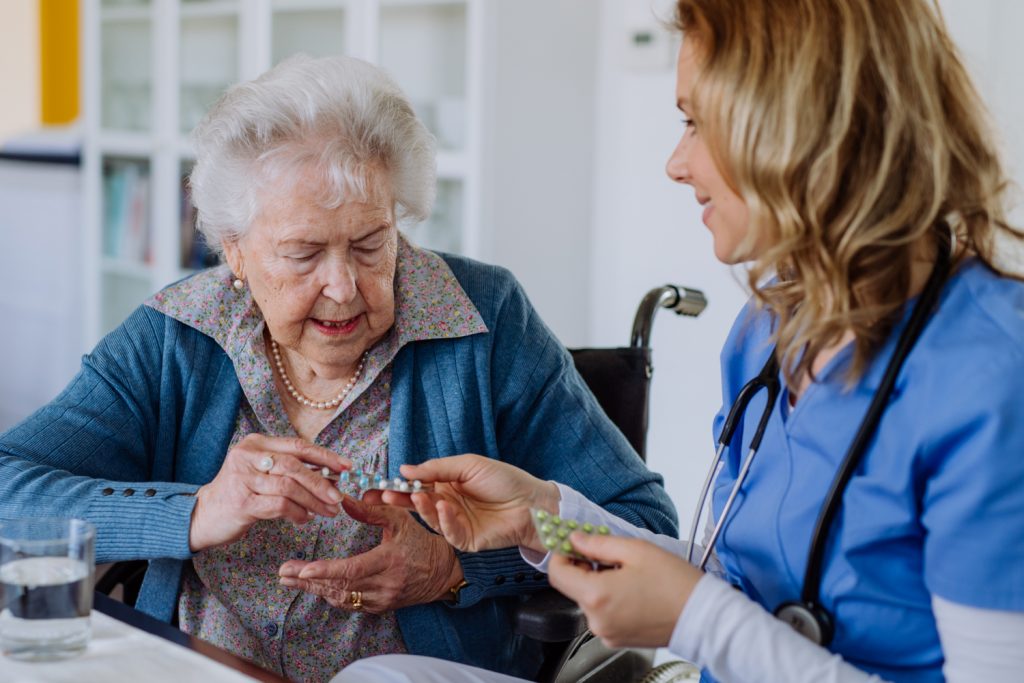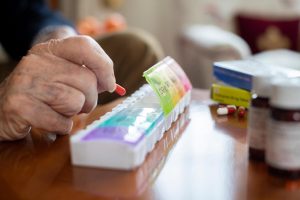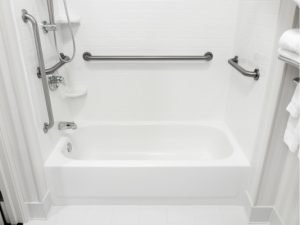Medication adherence is crucial for residents in long-term care homes. But it can be challenging. There are a lot of variables in play. Still, residents need to take their prescribed medication on time and at the appropriate dosage to ensure they manage their medical needs.
As a caregiver at a long-term care home, it’s your responsibility to ensure that your residents take their medications correctly and on time. Here are nine ways to improve medication adherence in long-term care homes:
Try to Simplify Medication Schedules
Complicated medication schedules can be overwhelming and confusing for residents. It can be hard to remember what pills to take when, especially if you have multiple prescriptions to take. Simplify medication schedules by organizing medications into pill boxes or blister packs. Ensure that medication schedules are easy to read and understand.
Educate Everyone Involved
Educate residents and their families about the importance of medication adherence. Explain the potential consequences of missed doses and the benefits of taking medications as prescribed. As they say, it takes a village. Getting everyone on the same page is important.
Use A Reminder System
People forget things. Reminder systems can be helpful in reminding residents to take their medications on time. Use alarms or reminder apps on smartphones or tablets to remind residents when it’s time to take their medications. They can be very effective.
Use Medication Dispensing Machines
Medication dispensing machines can help to ensure that residents take their medications on time. These machines dispense medications at the appropriate times and provide reminders to residents when it’s time to take their medications. They can also help caregivers more effectively distribute medication as needed.
Monitor for Side Effects
This is very important. Monitor residents for side effects of medications. If a resident experiences side effects, it’s important to report them to the physician and adjust the medication as necessary. Do this ongoing because you never know when someone could have an adverse effect.
Consider Using Medication Therapy Management (MTM)
Medication Therapy Management (MTM) is a comprehensive approach to medication management that can improve medication adherence. MTM involves a pharmacist reviewing a resident’s medications and working with the physician to optimize medication therapy. Check with your partnering pharmacy about your options.
Use Medication Aids
Everyone is different. For example, some have challenges swallowing pills. Medication aids, such as pill cutters and crushers, can make it easier for residents to take their medications. Ensure that medication aids are safe to use and that residents are trained on how to use them properly.
Address Barriers to Adherence
There are barriers that can get in the way of people taking their medication properly. Identify and address barriers to medication adherence, such as cost, transportation, and language barriers. Work with residents and their families to develop solutions to these barriers.
improving medication adherence in long-term care homes requires a multifaceted approach.
By implementing these strategies, you can help to ensure that your residents receive the medications they need to maintain their health and well-being.













